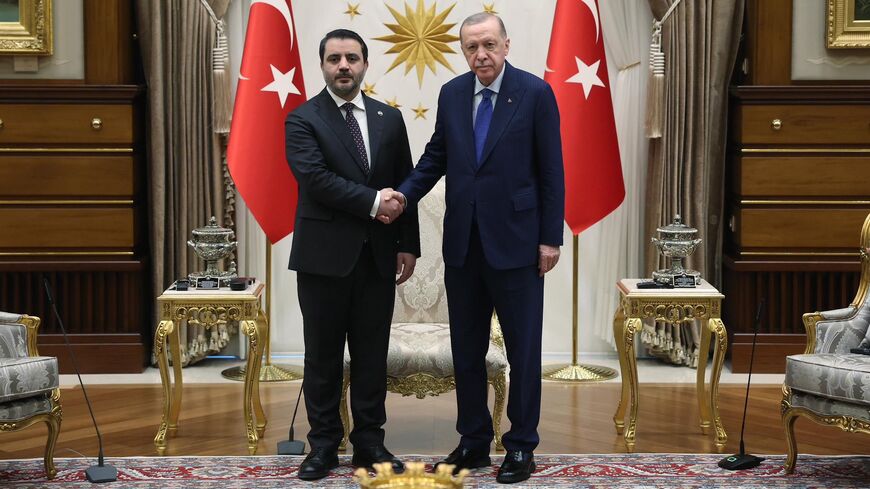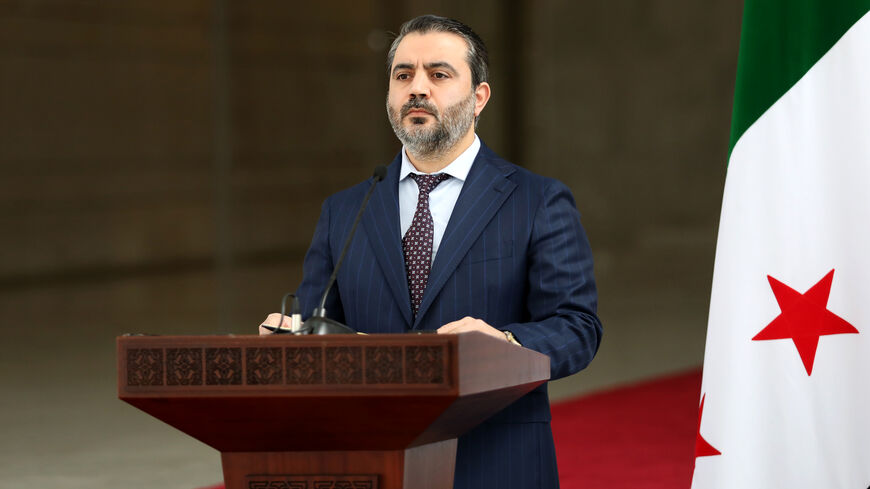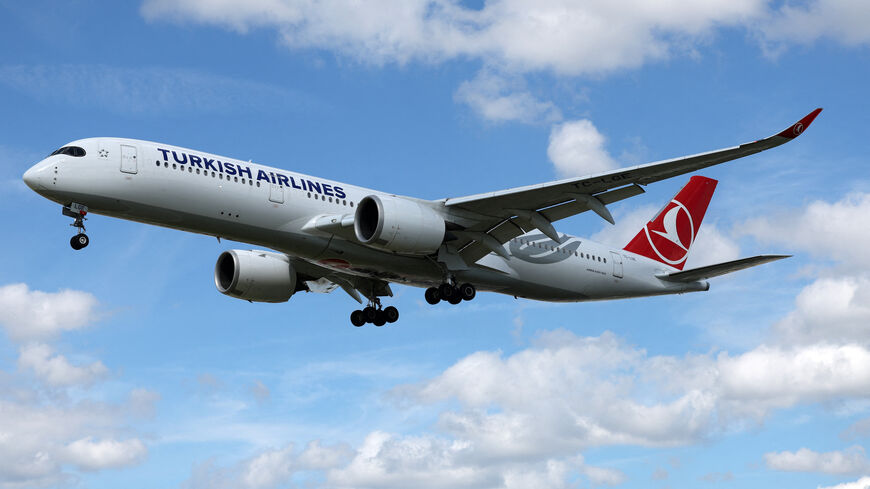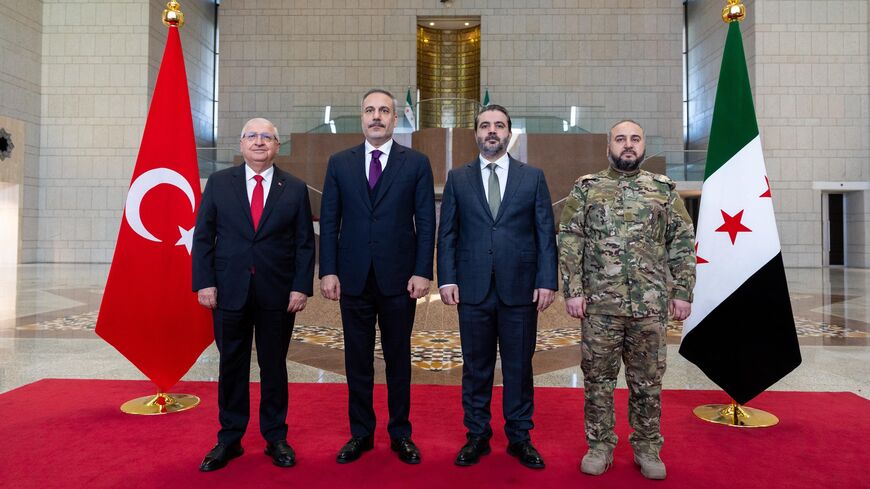Erdogan to host Syria’s Sharaa on first Turkey visit, discuss security ties
The meeting between the Turkish president and Syria's new leader will focus on Syria's post-conflict reconstruction, economic recovery and security issues.
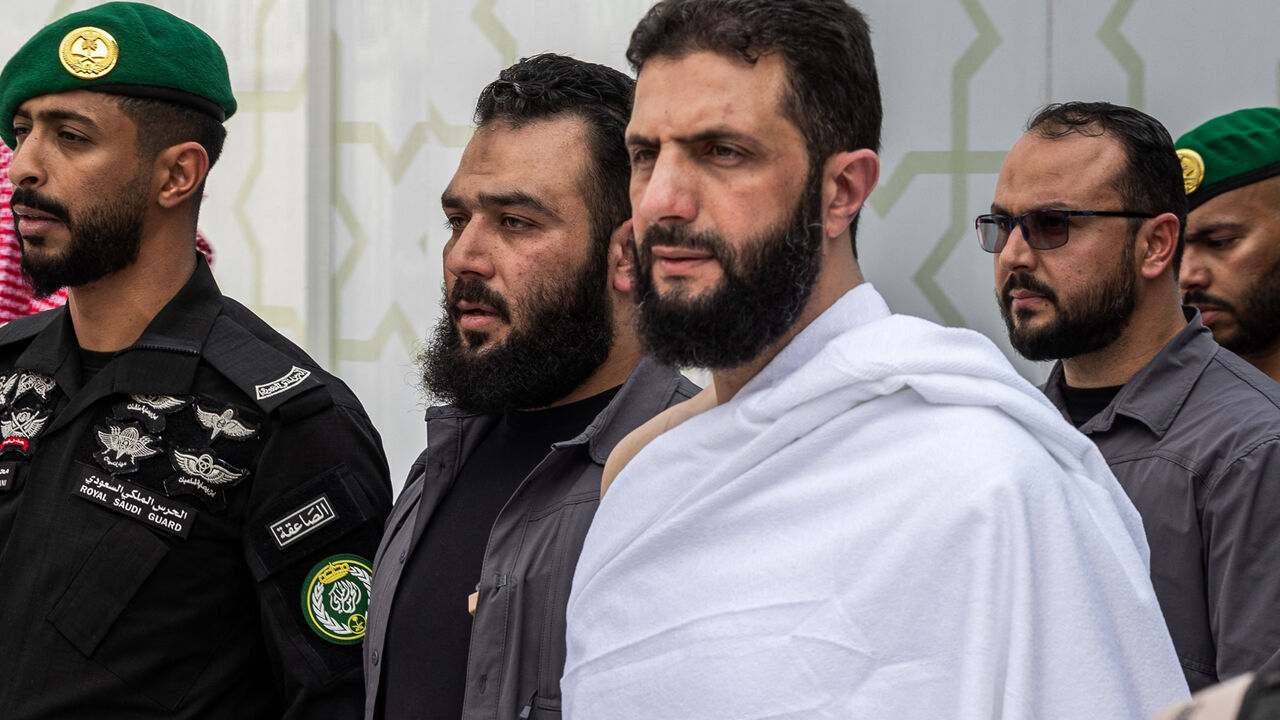
ANKARA — Syria’s interim president, Ahmed al-Sharaa, will pay his first visit to Turkey on Tuesday, where he is set to meet with Turkish President Recep Tayyip Erdogan.
Erdogan will meet with Sharaa in his presidential compound in Ankara, head of communications Fahrettin Altun announced. The two leaders will discuss “the latest developments in Syria as well as joint steps to be taken for Syria’s economic recovery, achieving sustainable stability and security in the country,” Altun posted on the social media platform X.
Sharaa, the leader of Hayat Tahrir al-Sham, which led the rebel offensive that toppled the Syrian regime in December, went on his first foreign trip to Saudi Arabia on Sunday after he was named interim president last week.
“The talks will also focus on the support that can be provided to the transitional government and the Syrian people through multilateral platforms,” Altun stated.
Ankara, which has been the key backer of Syrian rebel groups that joined the offensive led by HTS, a former al-Qaeda offshoot, has been one of the first foreign capitals to engage with Syria's new leadership. Both Turkish Foreign Minister Hakan Fidan and Turkish intelligence chief Ibrahim Kalin were among the first high-level foreign officials to visit Damascus in December.
“We believe that the renewed ties between Turkey and Syria following Syria's liberation will be further strengthened and gain new dimensions during the visit of Mr. Ahmed Sharaa and his delegation,” Altun said.
Ahead of Sharaa’s visit, Syria’s Foreign Minister Asaad al-Shibani, Defense Minister Murhaf Abu Qasra and intelligence chief Anas Khattab held talks with their counterparts, as well as Erdogan, last month.
Fidan said the two sides were working on establishing potential cooperation areas after a meeting held on Jan. 15.
Erdogan, who pledged Turkey’s support for the new administration after the fall of the regime, also instructed several Turkish ministries — from energy to education — to develop joint project ideas to aid Syria’s transition period.
Sharaa, for his part, vowed in an interview with the Turkish press to prioritize Turkish companies in Syria’s reconstruction, following the fall of its now-defected president, Bashar al-Assad.
The mutual trade volume between the two countries has already increased since December by more than 35%. “From Jan. 1 to 25, 2024, our exports to northern Syria stood at $161 million, while in the first 25 days of this year, our exports already reached $219 million,” Turkish Trade Minister Omer Bolat said last week.
Security is also expected to be a key agenda item during the talks in Ankara on Tuesday.
Turkey sees US-allied and Kurdish-led Syrian Democratic Forces as a national security threat due to its ties with the Kurdistan Workers Party, an outlawed militant group that has been fighting for Kurdish self-rule inside Turkey since 1984 and is considered a terrorist organization. Both Sharaa and Turkish officials demanded that the SDF lay down arms and hand over the territories it controls in northern Syria to Damascus.

